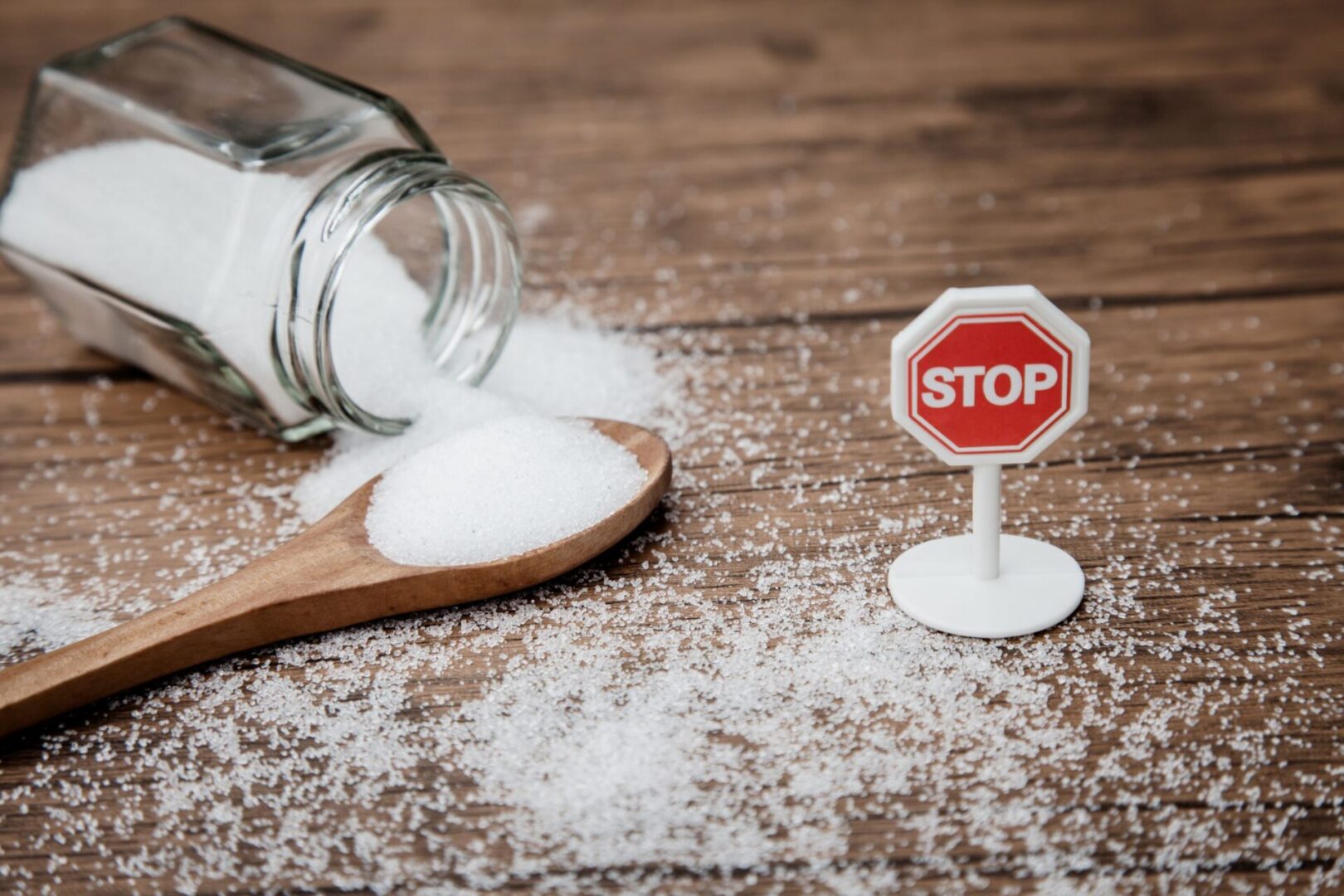Grief Coaching
At Haven’s Healing, I’m here to help you process stuck grief. I am your ally as you sift through the emotions of tough times. I know that grieving is different for everyone, so I’m here to support you with care and understanding.
My coaching sessions are all about you—they’re personalized to fit what you need. It’s a safe place to talk about your feelings, become stronger, and find hope again. I used proven methods and ways that look at everything about you to help you through the tough parts of grieving and get you feeling better. At Haven’s Healing, you’re not on this journey alone. My individualized coaching make sure that the process is both gentle and appropriate for where you are in your grieving journey. Anywhere from traumas that happened decades ago to a loss that happened last week, I’m here to support you. I will give you ways to handle life, and create a space where you can grow and learn more about yourself.
Find comfort, healing, and a new path with Haven’s Healing Grief Coaching. Take the first step toward feeling better today.


Food Addiction & Eating Disorders
At Haven’s Healing, I’m here to help you with food addiction, over-eating, under-eating or any other struggles you may be having with food. I have battled my own food addiction and eating disorders and have been trained with the most current science to treat this very complex addiction. I know how tough it can be, and I’m here to support you through every step of the way.
I’ll create a very personalized plan just for you, that will highlight your strengths while giving you the tools to eat in a sane and healthy way. I’ll help you make connections between your erratic eating behaviors and unprocessed feelings. We will create a balanced menu that will give you the freedom to eat healthy foods without ever having to be on another diet. You’re not alone in this fight. I’m here to help you recover from food addiction. Discover a healthier relationship with food at Haven’s Healing today. You don’t have to postpone your healing any longer.
What is Food Addiction?
Food Addiction is a double whammy of addictions. It is both a chemical addiction that involves flour, sugar, and individual binge foods coupled with a process addiction that includes restricting, quantities, and chaos.
There are as many food plans are there of people, but all with one simple definition of recovery: We plan what to eat, when to eat and how much to eat for the success of that day, while eating clean simple foods that do not contain flour, sugar or are highly processed.
Your age, weight, health, religion, job schedule or financial situation will not affect your ability to find sanity around food.

Trauma Coaching
At Haven’s Healing, I’m here to guide you through all types of traumas. Trauma can be a big event, or a series of small events. Trauma can take place in the home or in your society. Trauma can be something you witnessed or something that happened to you. I use a proven systematic approach that allows you to inventory your traumas and examine these stuck emotions that leave you feeling triggered or retraumatized when something similar as the original trauma happens to you.
Revisiting traumas will be one of the bravest choices you will make on your healing journey. I will be with you every step of the way. I have created a program that builds self-esteem, increases the positive self-messages you receive throughout the day and heals old wounds.
You have survived your traumas and what I am offering is an opportunity to heal from the traumas. Let your strengths guide you, not your wounds. Take the brave step and start your healing today.


What is Trauma?
Trauma is a single big event or a series of small events that are life-threatening or perceived that way. Trauma is an event that causes someone to feel hurt, discarded, unloved, unwanted, or uncared-for. It can be from growing up in dysfunction, watching a loved one struggle with illness or a single event such as a car crash or witnessing a fight. What is traumatic for you may not be traumatic for someone else. It does not matter WHY certain events were traumatic for us. We get to acknowledge that the events were traumatic without the need to justify, argue, defend or explain and then take the steps to heal our old wounds. When trauma is left unresolved, the feelings are often recreated in future relationships and work situations.
Why Treat Trauma and Food Addiction?
Food Addiction is a disease of the mind, body, and spirit. We treat the physical symptoms by removing foods that create cravings, flour, sugar, processed foods, etc… Once the expression of our addiction is removed, we are left with all the reasons we started to eat in the first place, our unresolved trauma. If there is any hope of staying free from addictive foods, that trauma needs to be acknowledged and healed. This group will begin that process.

